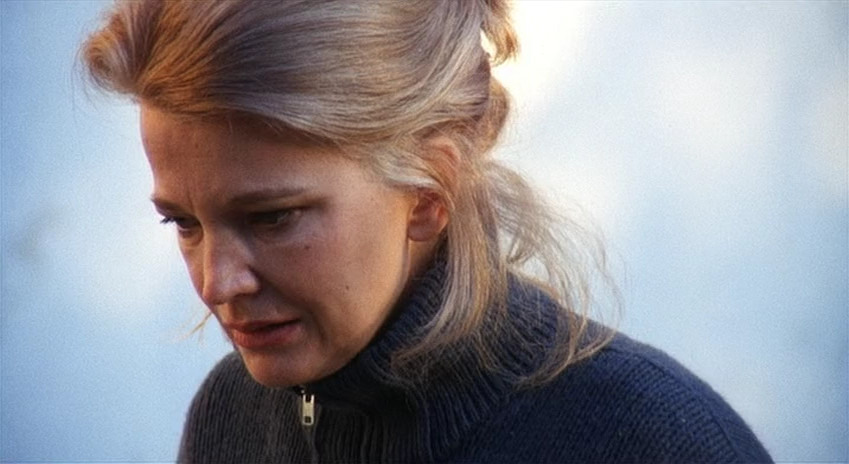
Alfred Hitchcock once stated that in filmmaking, “Our primary function is to create an emotion and our secondary function is to sustain that emotions.” In this sense, to evoke emotions has always been a goal for filmmakers. The question is how this can be achieved.
The following list contains some of the most emotive films of all time. The subjects of these films deals with topics such as the consequences of war, poverty, mental health, death of a loved one, aging, love affairs and deadly misunderstandings. Spoilers ahead.
10. Volver (2006)
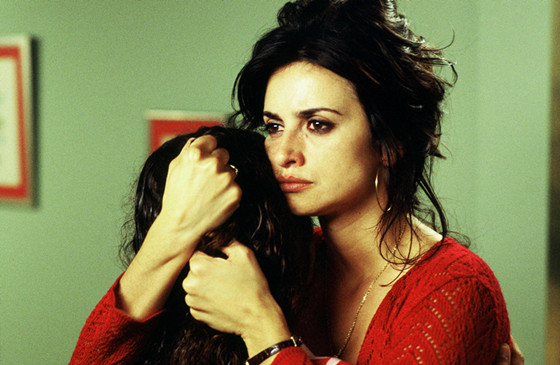
Pedro Almodovar is well known for having always strong female characters in his films. In his 2006 effort “Volver,” the Spanish artist uses six different women to tell the film’s story: Raimunda (Penélope Cruz), a housewife married to a unemployed man with an adolescent daughter Paula (Yohana Cobo); her sister Soledad (Lola Dueñas); her mother Irene (Carmen Maura); her aunt Paula (Chus Lampreave); and her neighbor Agustina (Blanca Portillo).
The film mostly follows Raimunda and her relationship with the other women. Her violent and abusive husband, her quizzical teenage daughter, her fraternity with her sister, her aunt with dementia, the neighbor with cancer, and the ghostly figure of her dead mother.
“Volver” is a film about loneliness, motherhood and death. It is precisely as a result of this that the film seems to be constituted from a structural fragility. But, despite this, it has a sense of reconciliation that impregnates the entire rhythm of the film with an omnipresent mood of solemnity.
As Almodovar said, “I look at death now in another way, perhaps with less surprise, I admire the cordial and natural relationship that my compatriots have with death, for me it is something I can not understand, I am an agnostic, I would pay to believe in reincarnation.”
9. Dear Zachary: A Letter to a Son About His Father (2008)
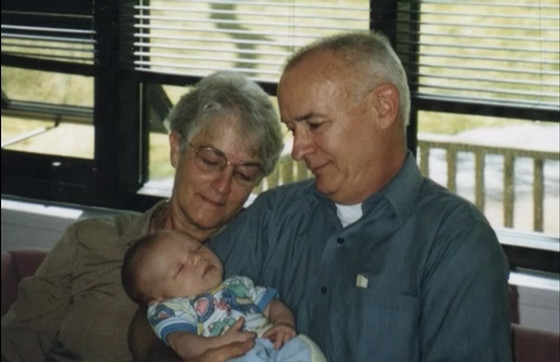
There is something ominous and worrying in Kurt Kuenne’s documentary “Dear Zachary: A Letter to a Son About His Father” and the reason of its disturbance is that it’s not a work of fiction.
The documentary started as a project of its director to produce a film for the son of his late childhood friend Andrew Bagby, who was murdered by his girlfriend Shirley Jane Turner in November 2002. While he was shooting, another terrible event occurred, and as the film progresses, all the initial tragedy turns out to be even bleaker.
It’s difficult to describe the emotional effects that this documentary can have on the audience. It’s also very unfair to the film itself to reveal more aspects about its content and the scopes that this murder case will have on the lives of the family and friends of Andrew Bagby.
All that can be said is that it is an emotional experience like no other documentary can offer. It displays the nature of evil, the strength of family bonds, and the unconditional love of friends through flawless filmmaking.
8. Dancer in the Dark (2000)
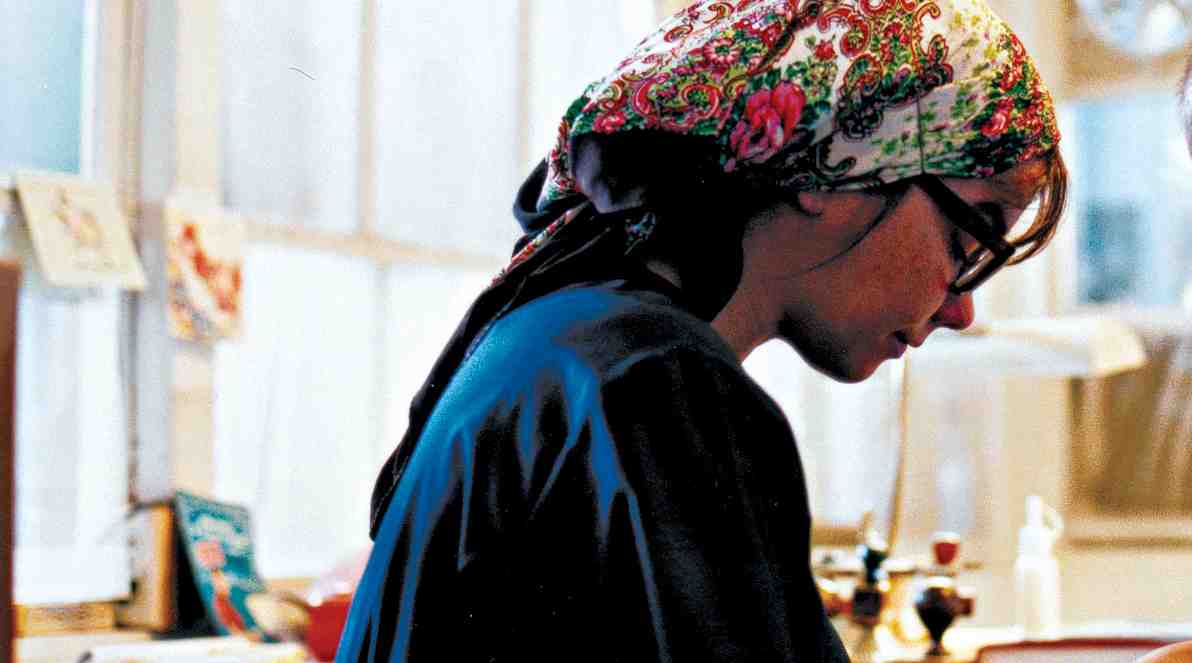
Lars von Trier’s 2000 Palme d’Or winner “Dancer in the Dark” is a film that chants a song of total hopelessness and grief. Although the movie itself pays homage to classic musicals, which might suggest that the overall tone of the movie is charming and funny, the truth is that it’s structured as the saddest melodrama of all time.
The film follows Selma (Björk), a Czech immigrant who lives in a small town in Washington State in 1964. Selma works in a factory, rents a trailer in the backyard of a policeman’s house, has a kid and, last but not least, has a terrible eye disease that is making her go blind. Consequently, she’s afraid that her kid will develop the same illness so she saves some money for an eventual surgery. When she is too depressed by the conditions of her life, she sings and her entire world cheers up.
Aside from the story itself, the soundtrack, interpreted by the amazing Björk, is a high note of the film because it works as the musical materialization of all the pain, illness and harsh conditions that Selma has to endure. “Dancer in the Dark” is, yes, a musical, but perhaps the bleakest one ever produced.
7. Umberto D. (1952)
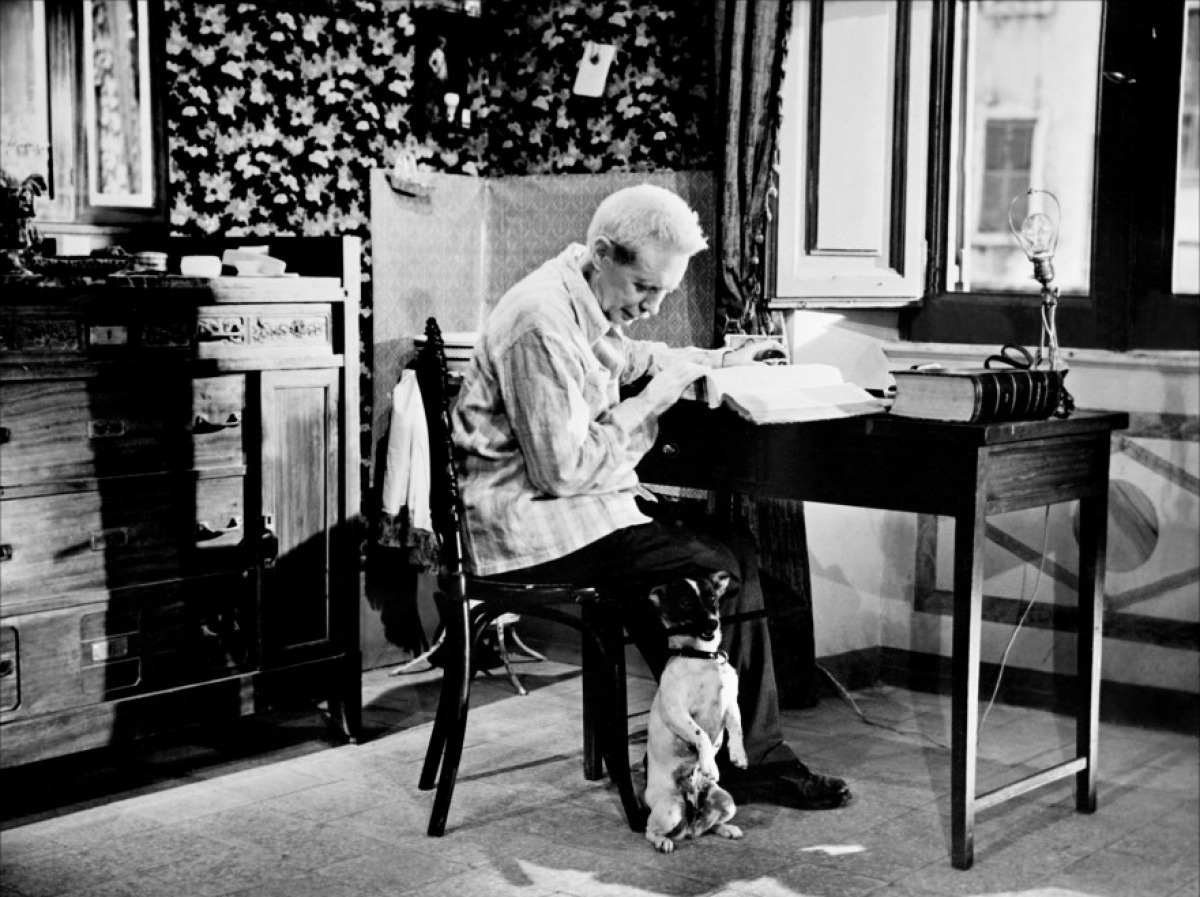
Poverty, as a consequence of Second World War, was one of the structural frameworks of the film movement known as Italian neorealism. In this context, Vittorio De Sica was one of its prominent figures and, by 1952, he had already filmed his most critically acclaimed movie (1948’s “Bicycle Thieves”), using economical misery as a background for his stories.
As a consequence of this, the filmmakers who were considered part of this group frequently utilized people from the real world instead of professional actors to portray characters. Accordingly, in “Umberto D.” the Italian filmmaker uses the first time actor and linguist professor Carlo Battisti as the main character of his film.
Umberto Domenico Ferrari is a retired state worker who depends on living off of his squalid alimony. He has to pay his rent but has no money so he sells some books and his watch; then he gets sick, but he gets better after just a few days. He returns to his home but it’s being remodeled, and so on, and so on. Despite all these issues, he stills finds solace in his cute little dog, Flike.
It’s the human aspect that stands out in De Sica’s masterpiece. Umberto always behaves like a real human being – he laughs, he cries, he loves, he suffers, and it’s very easy to feel empathy toward him, his life conditions and his problems.
After the movie ends, feeling respect for Umberto is easy, because what happened on the movie is an operation of catharsis. Not for nothing, Ingmar Bergman said, “Umberto D. is… a movie I have seen a hundred times, that I may love most of all.’
6. Brief Encounter (1945)
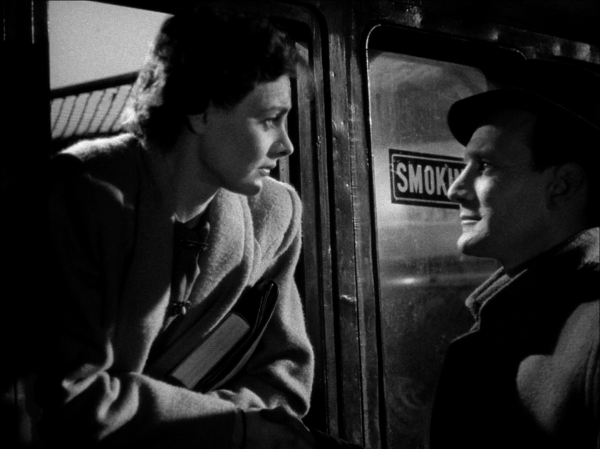
Voted as the second greatest British movie of all time by the British Film Institute, David Lean’s “Brief Encounter” depicts both the intensity and the ephemeral nature of true love with honesty, power and elegance.
Laura Jesson (Celia Johnson) is an ordinary and traditional British housewife in 1937. To pass the time, every Thursday she goes to the town of Milford where she does the week’s shops, changes her library book, has lunch and, most of the time, goes to the movies. One day, while she waits at the tea shop of the rail station, some dust gets into her eye.
As a consequence, Dr. Alec Harvey (Trevor Howard) helps her to remove these annoying particles. Two weeks later, she meets the doctor in a crowded restaurant; they eat together and go to the pictures. At the end of the day, whilst they drink some tea at the rail station, they inexorably fall in love.
Extramarital affairs can always look filthy on screen. In standard quality films, there is a tendency to show this type of infidelity as if the lovers were virulent and sinful people just seeking pleasure. Lean and Noël Coward do not incur in this kind of mistake and focus on portraying the emotional resonance that furtive love can have on people’s lives by creating heartfelt and profound characters.